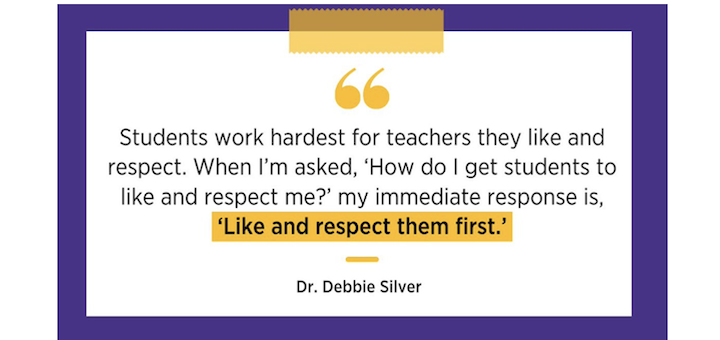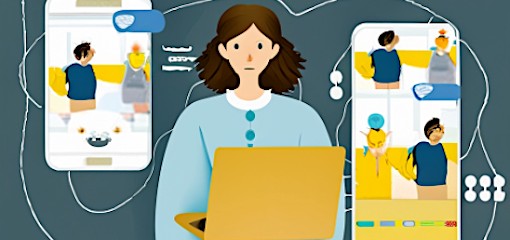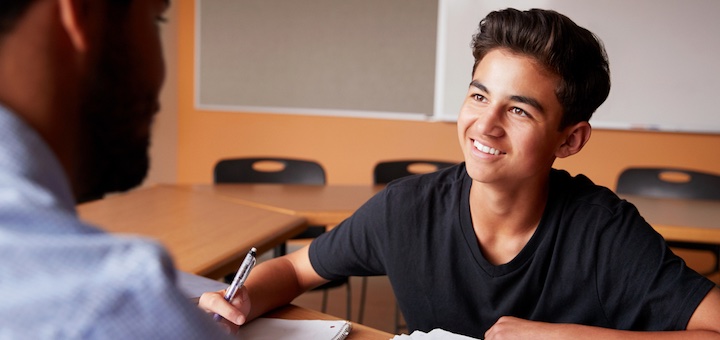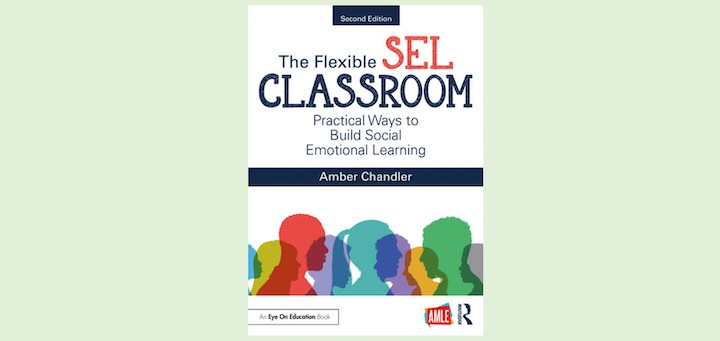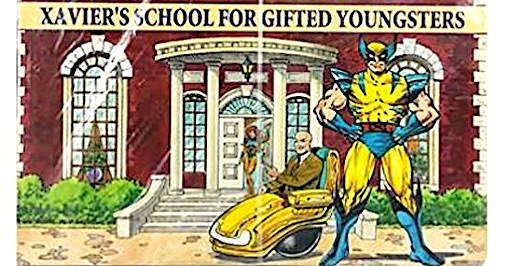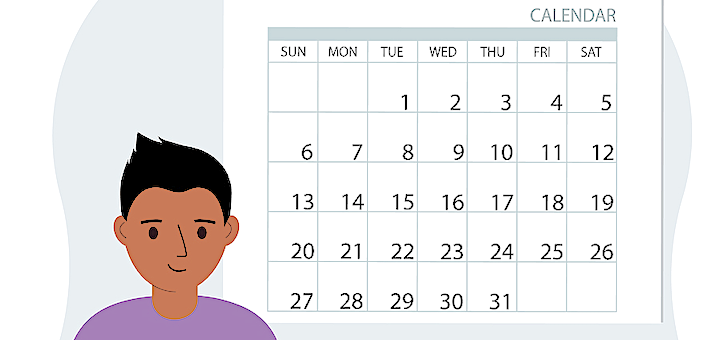Build a Classroom That’s Resilience-Friendly
All students can learn how to pick up the pieces after they face adversity, disappointment, loss, or trauma and go on. They need our guidance to find healthy ways to move forward. Debbie Silver offers six strategies educators can use to create classrooms that foster resiliency.

